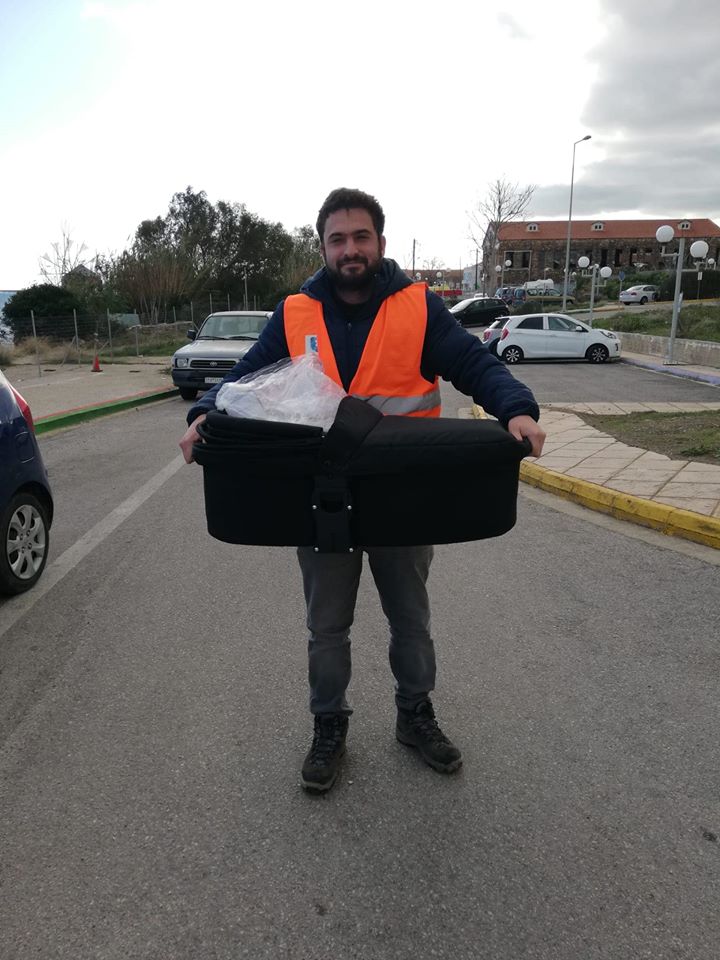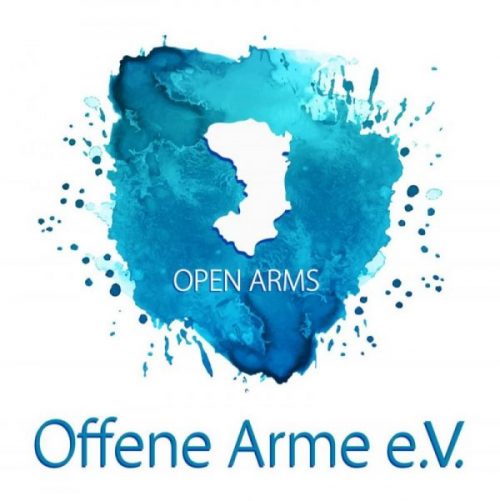
Although refugees living in camps make up the vast majority of those displaced on Chios, a small number of especially vulnerable people are rehoused to one of Chios’ Government sponsored apartments located elsewhere on the island. Refugees were granted apartments on a needs basis, and successful applicants have to fall under at least one of the criteria that class them as “vulnerable”: disability, critical mental health, chronic illness, pregnancy, or single-parent households.
Apartments can provide privacy and safety for the residents; however, loneliness and isolation are a seriously detrimental symptom of this move. Relief charities often operate with camp’s inhabitants as their focal point and as a result provisions often bypass those living on the margins of the refugee crisis. Additionally, community organizations that are based in the center of Chios town – and provide transportation to and from the Camp – cannot always provide transportation to and from apartments – another factor adding to their isolation.
When CESRT/OA was given notice of a new resident, our apartment distributions coordinator would initially liaise with the family or individual who had been relocated in order to assess their exact condition, so that we could provide them with the necessities they were lacking. Apart from the apartment itself, it was not unusual for rehoused refugees to have absolutely no other provisions or supplies.
Their requests were as basic as food and clothing, dishes and cutlery, hygiene items and diapers, and even electric stoves. Since the apartments housed the most vulnerable refugees – who are left without many resources or even the basic necessities – this project was core to our mission as an emergency relief charity.
